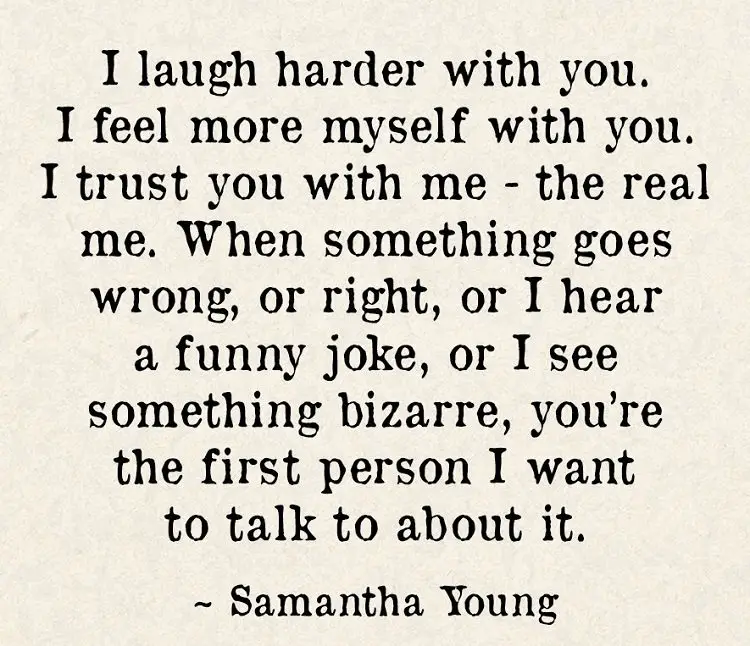159+ GREATEST Best Friend Paragraphs: Long and Beautiful
We often send out love letters and paragraphs to our lovers, but our best friend also deserves at least a couple of messages throughout the year. After all, your best friend is the person whom you know you can always count on when times are rough. A simple best friend paragraph can surprise and make … Read more








